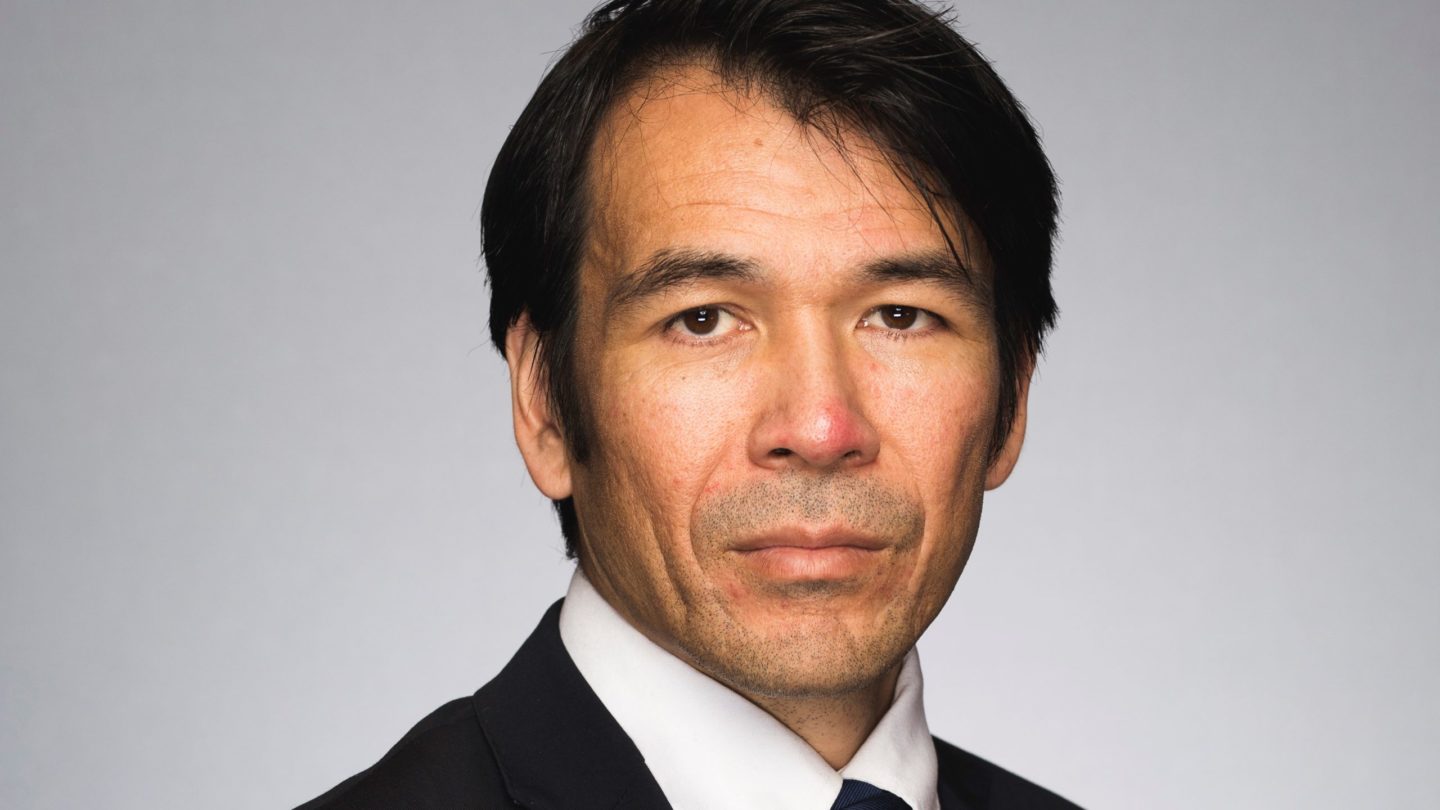The 2020 US election cycle was set against some unique circumstances – Covid-19, a deep recession and polarising political views and policies – but, now the campaigning is over, the temptation is to swiftly build portfolio positioning around the result. Given the election promises of a leader, why can we not estimate their impact on the wider economy and trade accordingly? This link, however, is not always so straightforward.
Chief among the many problems related to political forecasting is the temptation to react too quickly or with too much confidence at the time of major trigger points. Whether that be the Covid-19 pathway or trade talks with China, it is important to identify the difference between political developments and investment impact.
Perhaps the biggest challenge for those making post-election investment decisions is the need to get two things right: 1) the actual policies of the new political regime; and 2) the market participants’ reaction to that outcome.
This is an extremely difficult way to generate returns. To illustrate this point, consider what the experts were saying at the time of Donald Trump’s election in 2016. Political biases aside, it was easy to build a bear investment case – however, de-risking ahead of the election, or immediately upon his victory, would have been very costly to portfolios.
The good news is that such political episodes often create opportunities for investors who are prepared to think independently and adopt a long-term, valuation-driven approach. It is for this reason professional investors need to take a diversified approach when managing money for clients. You do not go ‘all in’ on a given outcome but, rather, mitigate the risks by spreading eggs across multiple baskets representing your expectation of superior returns in a variety of outcomes.
The upper hand
Furthermore, ultimately, it is unpopular stocks that tend to outperform popular stocks in the long run, as has been validated in several academic studies. Therefore, while 2020 has so far proven to be an outlier in this sense, it is the contrarian investor who has the upper hand probabilistically.
Value stocks are trading at levels last seen during the dotcom bubble, with certain sectors trading at record low multiples. The energy sector is the most obvious example. Here we have a group of companies experiencing their largest underperformance relative to the broader market in history, including the 1980 oil price crash.
OECD data suggests oil demand will continue to grow for decades to come as developing economies remain dependent on oil. At the same time, the market is extrapolating bottom-of-the-cycle crude prices to infinity.
Our views on energy stocks are linked to valuations and fundamentals – not potential presidential policies, upon which it would be easy to build both oil bull and bear cases. The energy sector is one of our high-conviction ideas and we recently added to our positions – however, it is clear we are investing in a volatile, highly cyclical sector that is prone to large sentiment swings.
Risk offsets
Looking for risk offsets, therefore, is important. Our unsung heroes in times of stress remain cash and longer-dated bonds and these assets continue to play their role as defensive ballast. We are monitoring portfolio duration closely and have lower than normal levels of duration given the record low bond yields. Within equities, we have exposure to both global consumer staples and healthcare stocks. Both sectors offer good relative downside protection and lower equity beta, while trading at reasonable valuations.
Circling the investment landscape, investors should not forget the importance of currency, which is one of the first places investors express their geopolitical views. This space continues to be important from a risk management perspective too – and the US dollar, Japanese yen and Swiss franc continue to demonstrate their worth in times of stress.
Clearly this will be a concerning period for professional investors and clients alike – just as it is outside the world of investment – but we must ignore the noise and remain steadfast in achieving our clients’ financial goals.
Mark Preskett is senior portfolio manager, Morningstar Investment Management Europe









